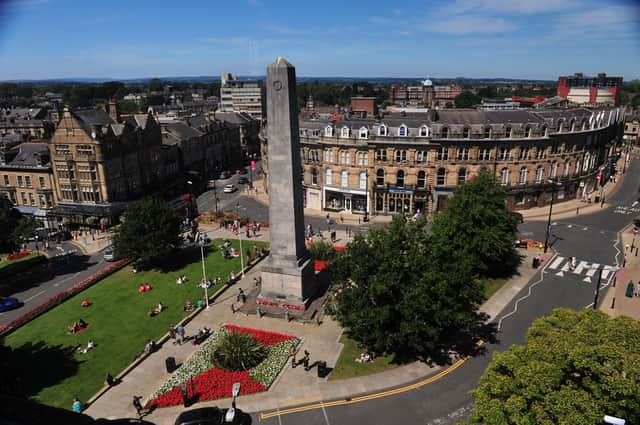OPINION: The role of your councillors - Harrogate Borough Council leader Richard Cooper


The Advertiser series have kindly allowed me a monthly column until then which I intend to use to ‘de-mystify’ local government in a non-political way.
If you ask people what a councillor does you generally get the response that councillors run the council. Let’s knock this one on the head and explain the true position.
Advertisement
Hide AdAdvertisement
Hide AdCouncillors do not run the council. The myth that they do is perpetuated because some genuinely believe that they do, others make the mistake of trying to and even more like to pretend they do as it is good for the ego.
Council officers run the council and this is entirely proper. They do so because they are qualified professionals in the area for which they have responsibility. They undertake their duties impartially basing their decisions on their qualifications, training and experience. So if councillors don’t run the council what do they do? I think there are three main things.
It is to provide a bridge between the electorate and the professionals and raise issues with their knowledge of the communities which elect them. It is also to provide scrutiny of the spending of public money and finally it is to set the policy framework of the council.
I can illustrate with an example. Harrogate Borough Council, not too long ago, decided to look at how leisure facilities were run and whether this could be improved. Council officers used their training and expertise to present a series of options and a recommendation. Councillors then scrutinised that recommendation and the reasoning behind it and supported the officer’s preferred option of moving leisure facilities into a Local Authority Controlled Company.
Advertisement
Hide AdAdvertisement
Hide AdCouncil officers then run the facilities and councillors have little or no role in the operational decisions about the timetabling of swimming sessions, the temperature of the water, how many lifeguards there should be and so on.
Councillors set the policy based on officer advice and officers run the services within that policy framework.
So if you contact your councillor and ask for a pothole to be filled, or grant money for an organisation you support, or a parking fine cancelling they should take the issue up with officers. But officers will judge how the request fits in with the policy framework and, if the issue is clear-cut, either approve or reject the request. If the pothole isn’t as deep as required in the policy to be filled then it won’t be done. If the organisation doesn’t reflect the policy framework of the council the grant won’t be given and if the parking fine was given in accordance with council policy it won’t be cancelled.
This may sound like common-sense but how often do you hear councillors admitting that they don’t run the council?
Advertisement
Hide AdAdvertisement
Hide AdSo the next time a councillor can’t get you an outcome you want on a particular issue that is because it can’t be done within the policy framework councillors have set and which officers are making work. And if you do get the outcome you want then it is because what you requested fits in that policy and the councillor has provided that bridge from the electorate to the officers that helped make it happen. Both outcomes show that the councillor and officers roles are working correctly and that the council is running as the council should be.
Next time, assuming the editor allows me to return for a second column, I’ll be unpacking the planning system; where it works, where it doesn’t and how to make your voice heard effectively.